What are musculoskeletal disorders?
Musculoskeletal disorders (MSDs) are injuries that affect the human body’s movement. Other common names include “repetitive motion injury”, or “overuse injury”. These disorders are preventable.


Welkin enables you to provide the best plans and care for your patients
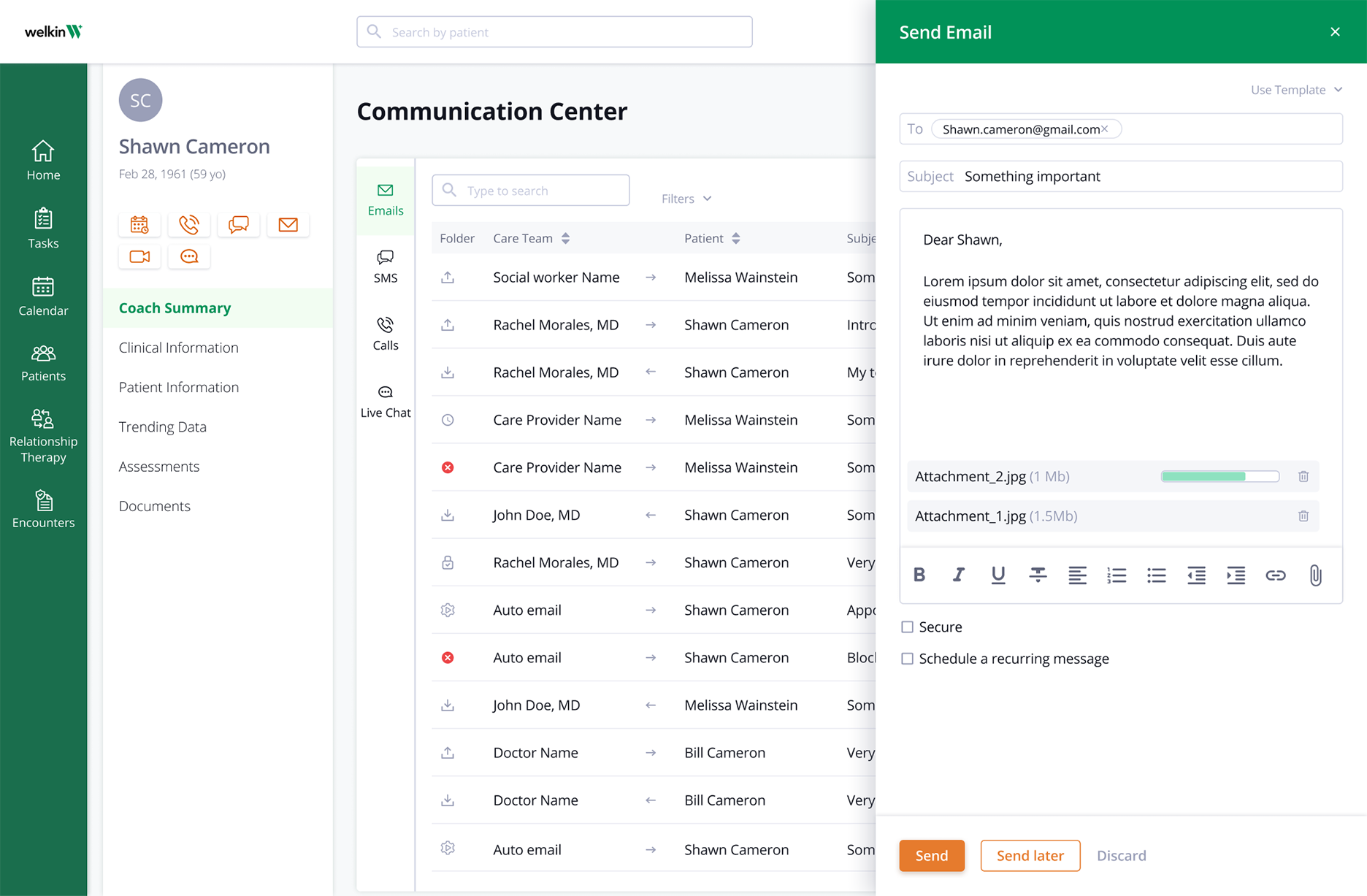
Virtual assessments and the ability to have more touchpoints enhances compliance and produces better outcomes. Welkin gives you the ability to administer rehab programs and deploy regular check-ins in a single click on preferred communication methods – whether video, email, SMS, MMS, phone, or chat. The pandemic was a proving ground for telemedicine across a number of specialties – and musculoskeletal was one of them. A recent study showed doctors don’t necessarily need to see ailments to make an informed diagnosis. In fact, just 13.8 percent needed in-person referrals and telemedicine addressed the issues in 82.74 percent of cases.
Clinicians increasingly need more intuitive, responsive technology to manage hefty patient loads, ensure responsiveness, and improve outcomes. In musculoskeletal, a one-platform approach that can offer the care team the ability to design multiple pathways and programs is essential. Welkin gives teams the opportunity to create programs by factors like if an injury is acute or chronic, if it affects specific body parts, if it requires a low-touch or high-touch approach (or a mix of the two). Welkin understands that hyper-specialized rehab programs lead to better, less expensive outcomes, so we give you the tools to build programs that are unique for every scenario.
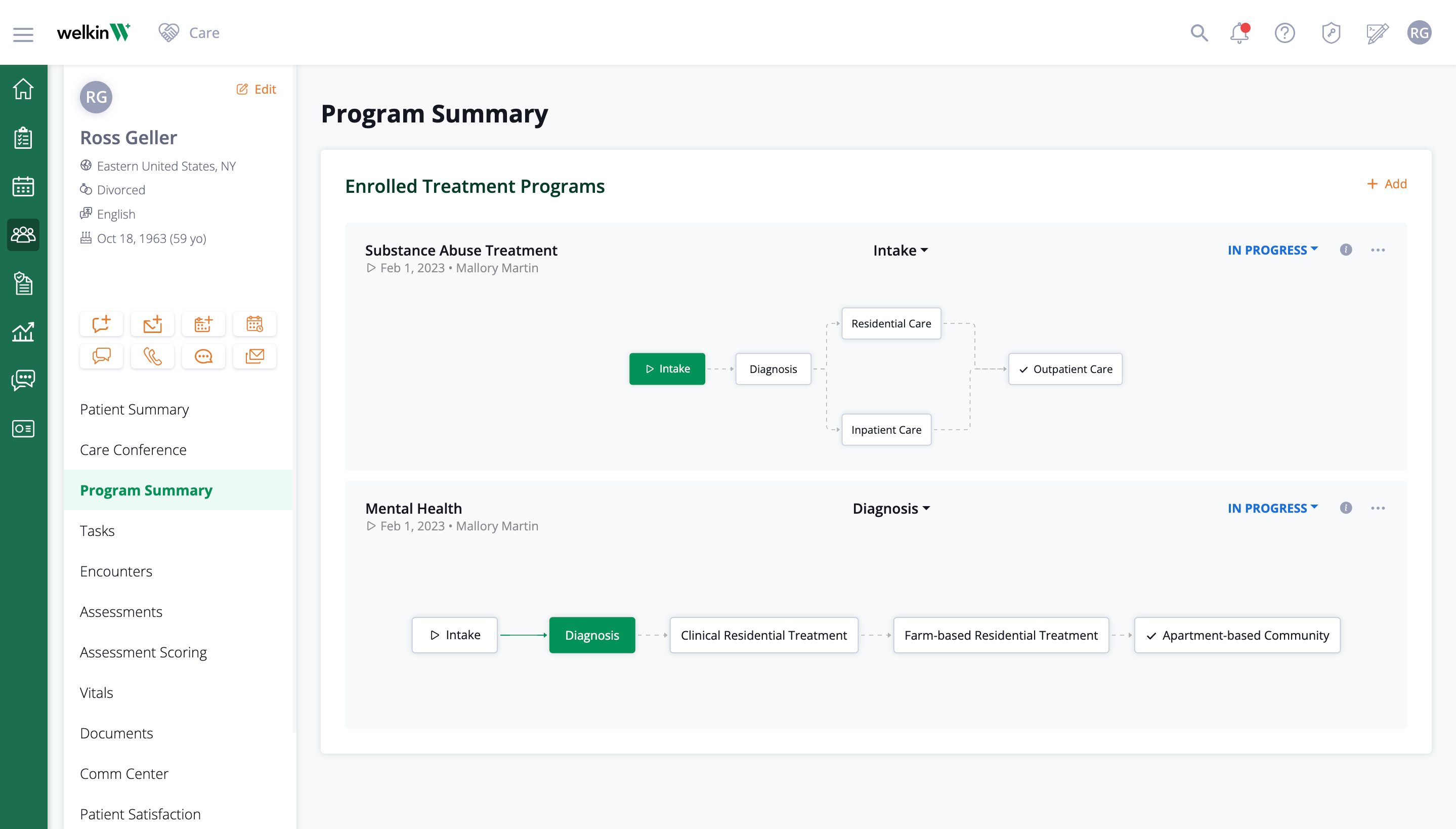
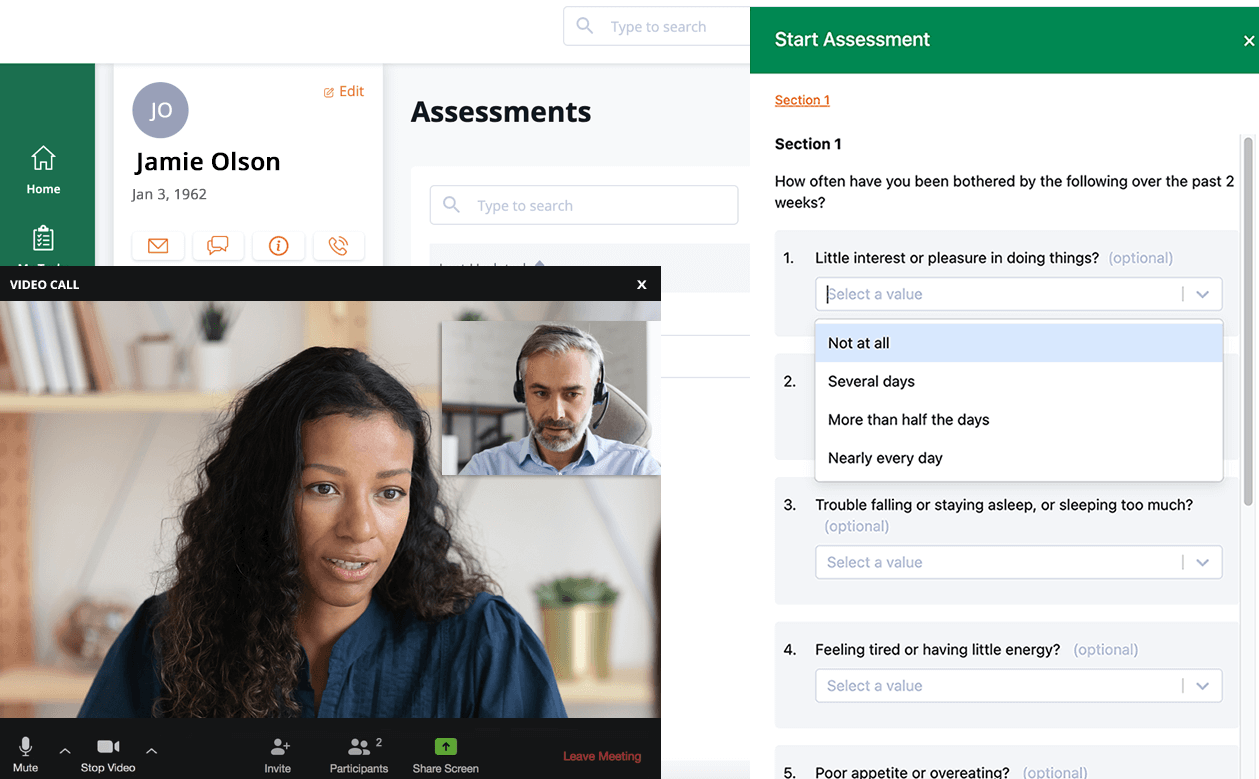
What comes next when unnecessary tests and surgeries aren’t the reflexible go-to for MSK injuries? The door opens to more specialized – even more personalized – rehab programs. Many digital healthcare companies power their program(s) on Welkin – using apps, personal coaching, and the latest research to help drive faster patient outcomes at less cost to patients and the system. Designing personalized programs ensures that surgery isn’t the first option (unless it’s truly warranted).
Payers are increasingly interested in working with their members on new ways of obtaining the care they need. The added benefit of this transition means visits with these pricey specialists are reserved for the people who truly need them versus, well, everyone. Practically, Welkin supports a triaged approach that’s real time and actionable so patients are quickly, even automatically, shifted into the right swim lanes. A triage model ensures patient needs are met expeditiously (and for less cost), and gets patients into the right program quickly to ensure healing is accelerated and recovery is less challenging.
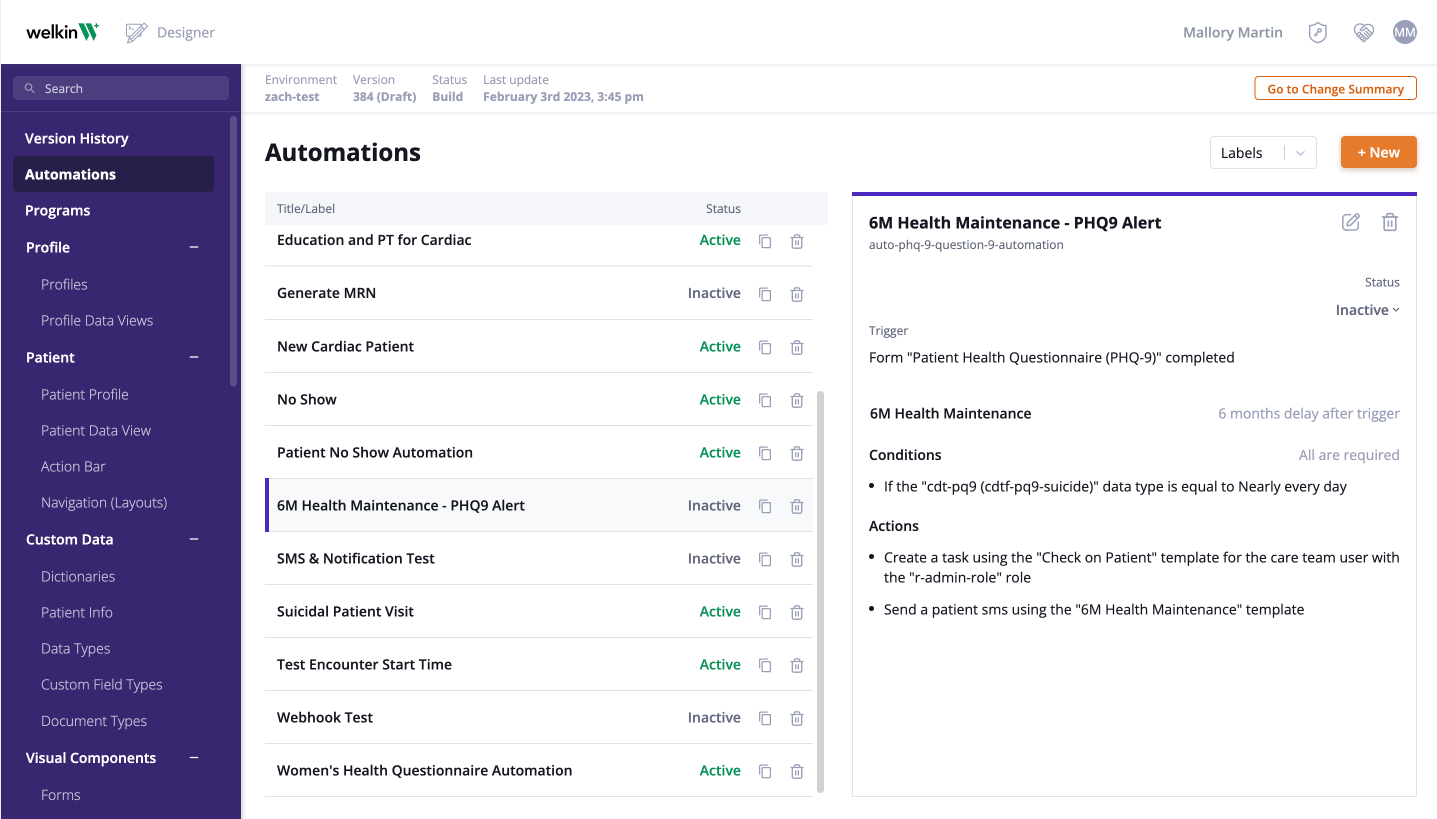
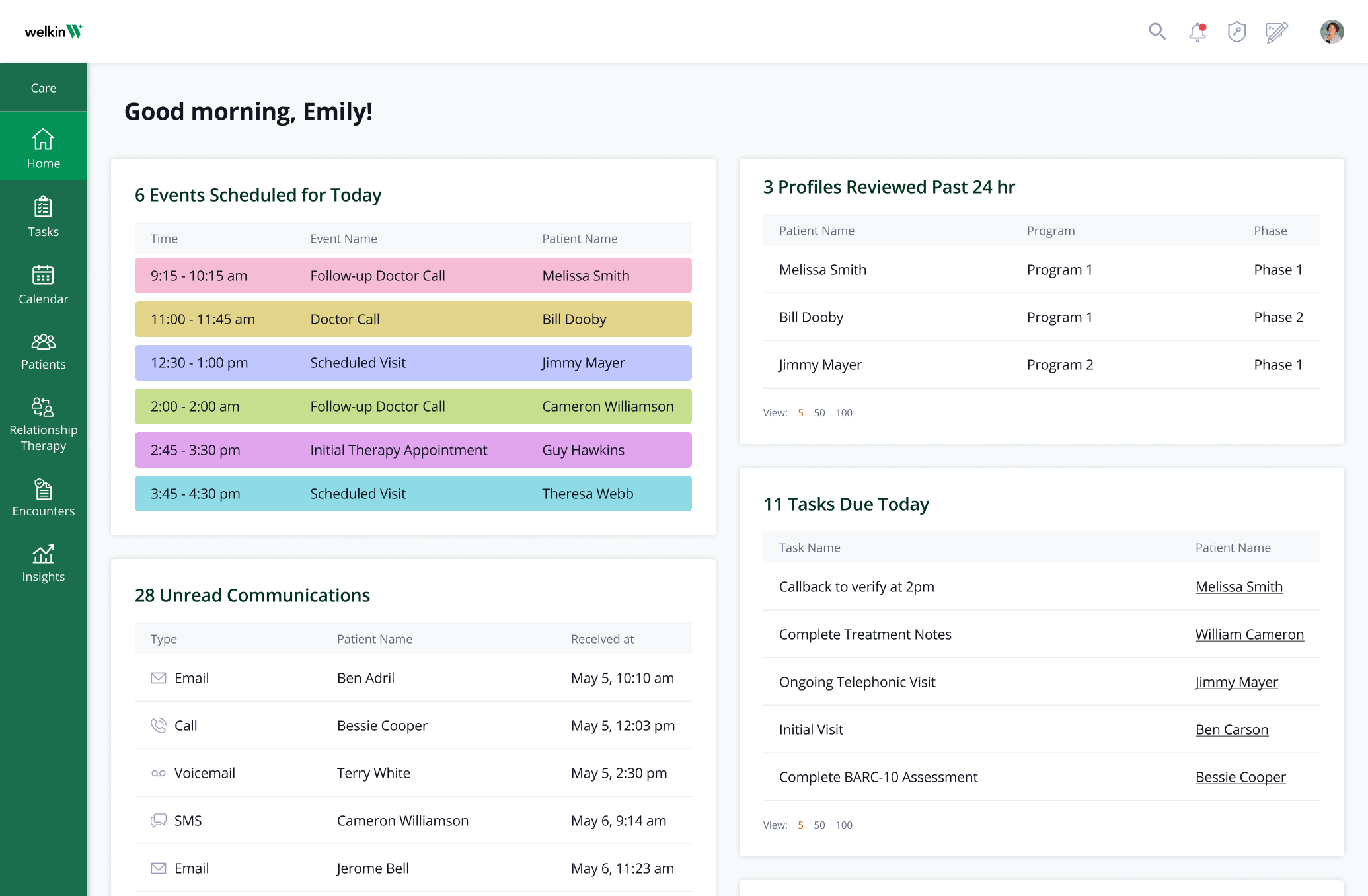
When you layer in the ability to securely check in with patients in multiple fashions along with automated alerts to ensure critical patient information (like test results) is elevated to the right team member immediately, it becomes much simpler to deliver a perfect blend of care. That means these established pathways and programs can be teed up – plus there’s additional flexibility to adjust, customize, and support unique patient needs in real time. What’s more: Welkin makes it possible to actually administer those rehab programs through those channels.
Additionally, patient contact and compliance gets easier. The success of most musculoskeletal rehab programs is consistency; it’s about doing what you’re supposed to do regularly. Welkin can provide some essential services for top-notch rehab, including virtual assessments and healthcare touchpoints that enhance compliance. The ability to create automation, reminders and natural workflows make it simpler to check in with patients, establish and evaluate NPS scores, and deliver questionnaires like Patient Reported Outcomes.
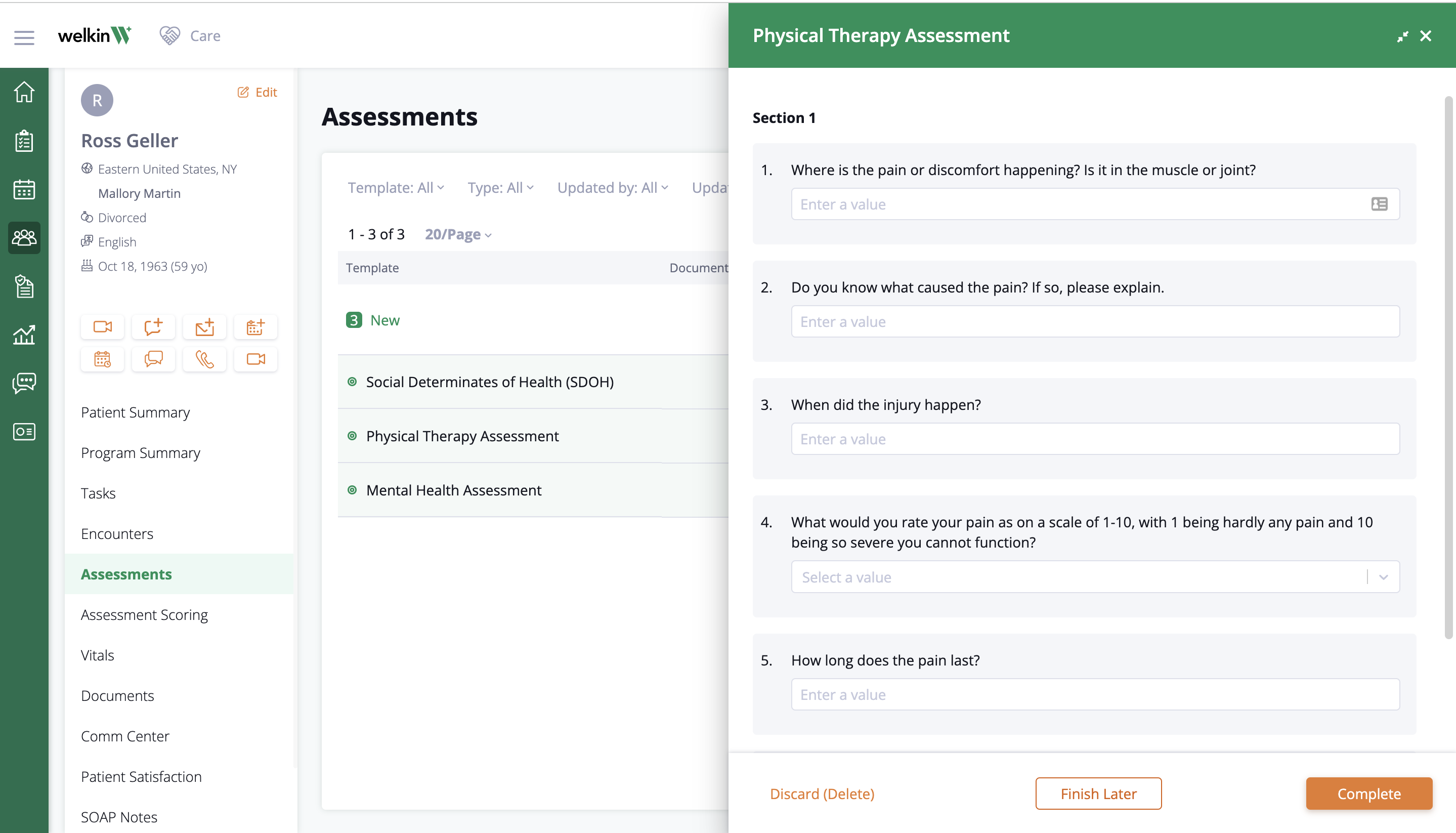
Welkin is designed to address care coordination. Assign the right team member to address patient needs at every step of the journey. We provide your team members with seamless transitions and a curated experience for every patient he or she serves.